Greece's Carnival - A Cultural Journey Through Apokries
Embark on a fascinating exploration of Greece's vibrant carnival tradition known as Apokries. This annual festival is a time of revelry, cultural expression, and community bonding that dates back centuries, offering a window into the rich heritage of Greek society.
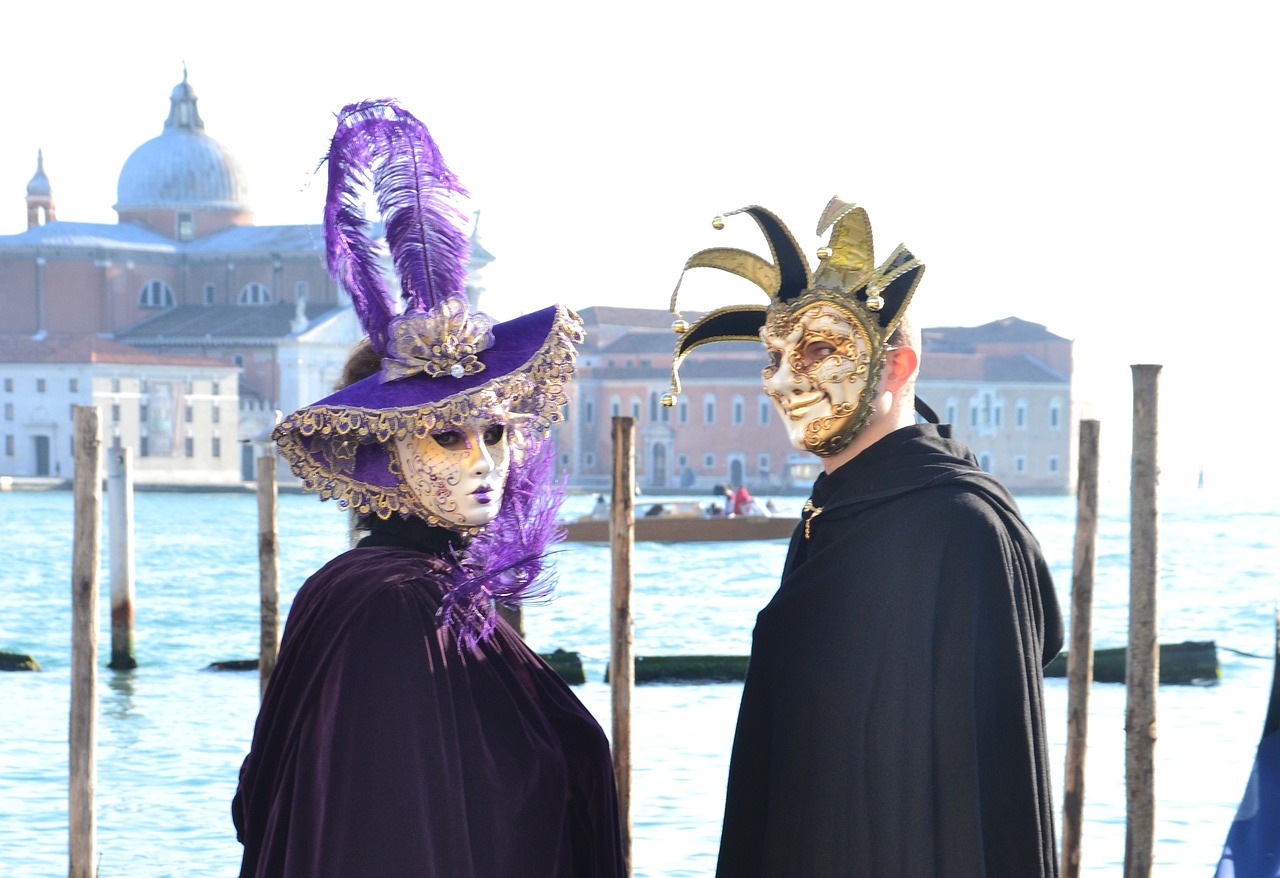
History of Apokries
The history of Apokries, also known as the Greek carnival, is a fascinating journey through time that dates back to ancient traditions and cultural practices. Originating from the pagan festivals dedicated to Dionysus, the god of wine and fertility, Apokries was initially a period of merrymaking and revelry before the solemn season of Lent.
During the Byzantine era, Apokries evolved into a Christian celebration, blending elements of ancient pagan rituals with Christian beliefs. The carnival became a time for feasting, dancing, and wearing masks to ward off evil spirits, symbolizing the transition from winter to spring and the renewal of life.
Throughout history, Apokries has been a time for communities to come together, celebrate their cultural heritage, and indulge in festivities before the fasting period of Lent. The carnival tradition has been kept alive through generations, with each region of Greece adding its unique touch to the celebrations.
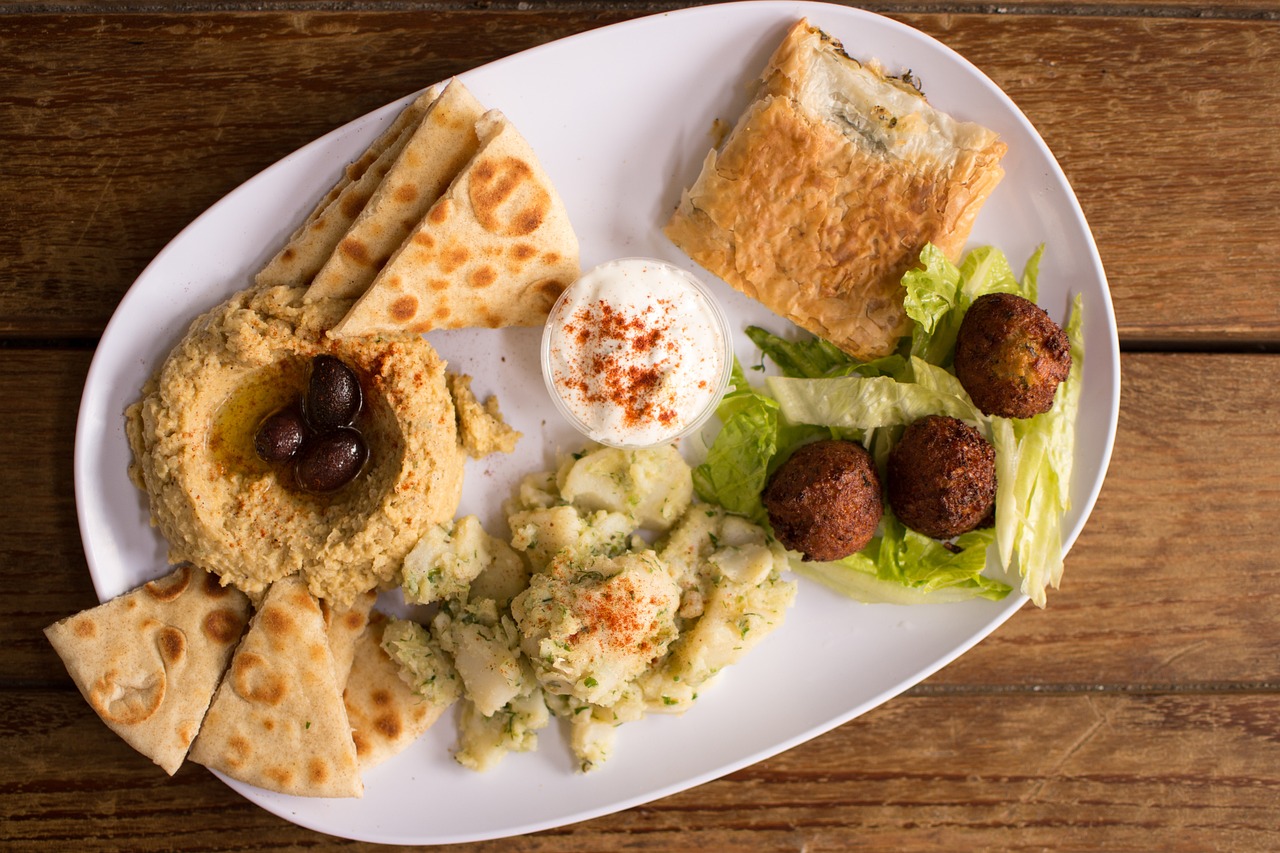
Traditional Costumes and Masks
When it comes to Apokries, traditional costumes and masks play a vital role in adding a touch of mystique and festivity to the celebrations. The costumes worn during Apokries are not just garments but pieces of art that reflect the rich cultural heritage of Greece. Intricately embroidered fabrics, vibrant colors, and elaborate designs are commonly seen in these costumes, each representing a specific region or historical significance. Whether it's the flowing dresses of the women or the detailed vests of the men, every outfit tells a story of tradition and pride.
Moreover, masks are an essential part of Apokries, adding an element of disguise and intrigue to the festivities. These masks come in various shapes and styles, from simple half-masks to elaborate full-face coverings. Each mask carries symbolic meanings, representing characters from Greek folklore, mythology, or historical figures. Wearing a mask during Apokries allows participants to embody different personas, letting go of inhibitions and embracing the spirit of the carnival with a sense of anonymity and freedom.
Furthermore, the combination of costumes and masks creates a visual spectacle during Apokries, transforming the streets into a vibrant display of colors and patterns. The intricate details of the costumes, paired with the enigmatic allure of the masks, evoke a sense of mystery and excitement among both participants and spectators. It is a time when tradition meets creativity, and individuals have the opportunity to express themselves through their attire, blending the old with the new in a harmonious celebration of Greek culture.

Food and Festive Delicacies
When it comes to Apokries, the carnival season in Greece is not just about vibrant parades and colorful costumes; it's also a time to indulge in a variety of traditional foods and festive delicacies that hold a special place in Greek culture. From rich and hearty dishes to sweet treats that tantalize the taste buds, Apokries is a feast for both the eyes and the palate.
One of the most iconic dishes enjoyed during Apokries is spanakopita, a savory pie filled with spinach, feta cheese, and herbs, all encased in flaky phyllo pastry. This dish symbolizes the coming of spring and is a staple at carnival celebrations across Greece. The layers of phyllo represent the layers of tradition and history that are woven into the fabric of Apokries.
Another must-try delicacy during Apokries is souvlaki, grilled skewers of marinated meat, often served with pita bread, tzatziki, and a refreshing Greek salad. The sizzling aroma of souvlaki being cooked over an open flame adds to the festive atmosphere of the carnival, enticing revelers with its smoky flavors and juicy tenderness.
For those with a sweet tooth, loukoumades are a popular choice during Apokries. These golden, crispy dough balls are deep-fried to perfection, then drizzled with honey and sprinkled with cinnamon, creating a decadent treat that is impossible to resist. Loukoumades are a symbol of joy and abundance, making them a fitting dessert for the joyful celebrations of Apokries.
During Apokries, tables are laden with an array of delicacies, from dolmades (stuffed grape leaves) to pastitsio (a baked pasta dish with a creamy bechamel sauce), each dish telling a story of tradition and heritage. The communal aspect of sharing these dishes with loved ones during the carnival season enhances the sense of togetherness and unity that Apokries embodies.
As you savor the flavors of Apokries, you'll not only be indulging in delicious food but also immersing yourself in a cultural experience that has been cherished for generations. The culinary delights of Apokries are a testament to the rich tapestry of Greek cuisine and the enduring spirit of celebration that defines this vibrant carnival season.
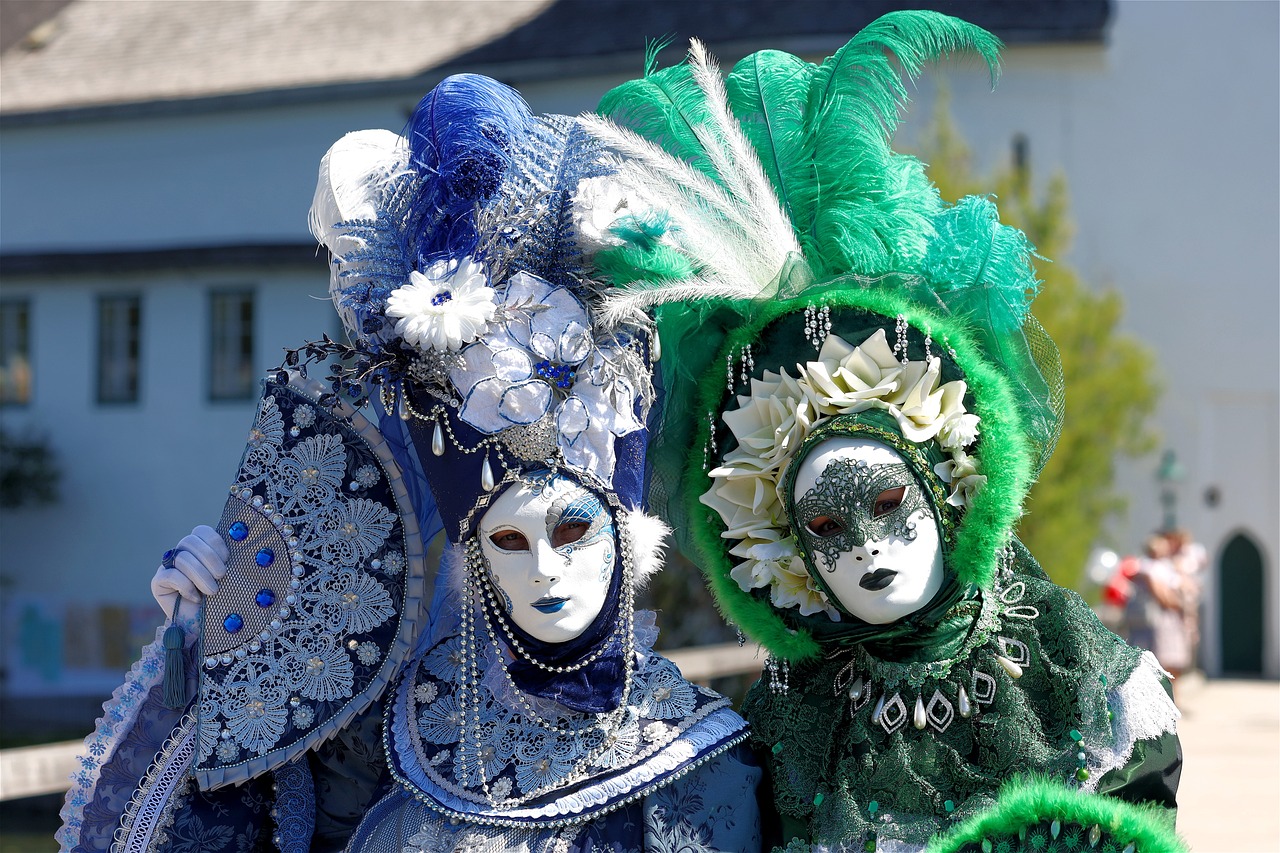
Music and Dance Performances
When it comes to Apokries, the carnival season in Greece, one cannot overlook the vibrant that add an electrifying energy to the festivities. Imagine a scene where traditional Greek melodies fill the air, accompanied by the rhythmic movements of dancers clad in colorful costumes, spinning and twirling like a whirlwind of culture and joy.
During Apokries, the music echoes the essence of Greek heritage, with traditional instruments like the bouzouki and lyra creating melodies that transport you to a bygone era. The lively tunes beckon both young and old to join in the celebration, creating an atmosphere filled with excitement and nostalgia.
As the music sets the tempo, the dance performances take center stage, showcasing the diversity and dynamism of Greek folk dances. From the spirited steps of the syrtos to the intricate movements of the kalamatianos, each dance tells a story of tradition and unity, inviting spectators to partake in the cultural tapestry of Greece.
Picture a mesmerizing display of synchronized footwork and graceful gestures, as dancers move in harmony to the rhythm of the music, their costumes swaying like colorful waves in a sea of festivity. The energy is infectious, drawing participants and onlookers into a whirlwind of movement and emotion.
Moreover, the performances are not just a spectacle but a reflection of the deep-rooted connection between music, dance, and community in Greek culture. They serve as a form of expression, a way to honor traditions, and a means to bring people together in joyous harmony, transcending barriers of age, background, and language.

Regional Variations in Celebrations
Apokries, the vibrant carnival season in Greece, showcases a diverse array of regional variations in celebrations that add a unique flair to this cultural extravaganza. From the bustling streets of Athens to the picturesque villages of Crete, each region offers its own interpretation of the traditional carnival festivities.
In the northern region of Macedonia, Apokries celebrations are marked by grand parades featuring colorful floats and elaborate costumes. The locals here take pride in their traditional dances and music, which reflect the rich cultural heritage of the region.
On the island of Corfu, Apokries takes on a more theatrical tone with elaborate performances and street plays that depict ancient myths and legends. The locals don intricate costumes and masks, adding a mystical element to the carnival celebrations.
In the Peloponnese region, Apokries is celebrated with fervor, as communities come together for lively street parties and feasts. Traditional dishes like moussaka and souvlaki take center stage, offering a taste of the local culinary delights.
Heading to the island of Crete, Apokries festivities are characterized by traditional Cretan music and dance performances that captivate both locals and visitors alike. The island's unique customs and rituals add a touch of authenticity to the carnival celebrations.
Exploring the regional variations in Apokries celebrations across Greece not only highlights the cultural diversity of the country but also underscores the deep-rooted traditions that continue to thrive in each distinct region.
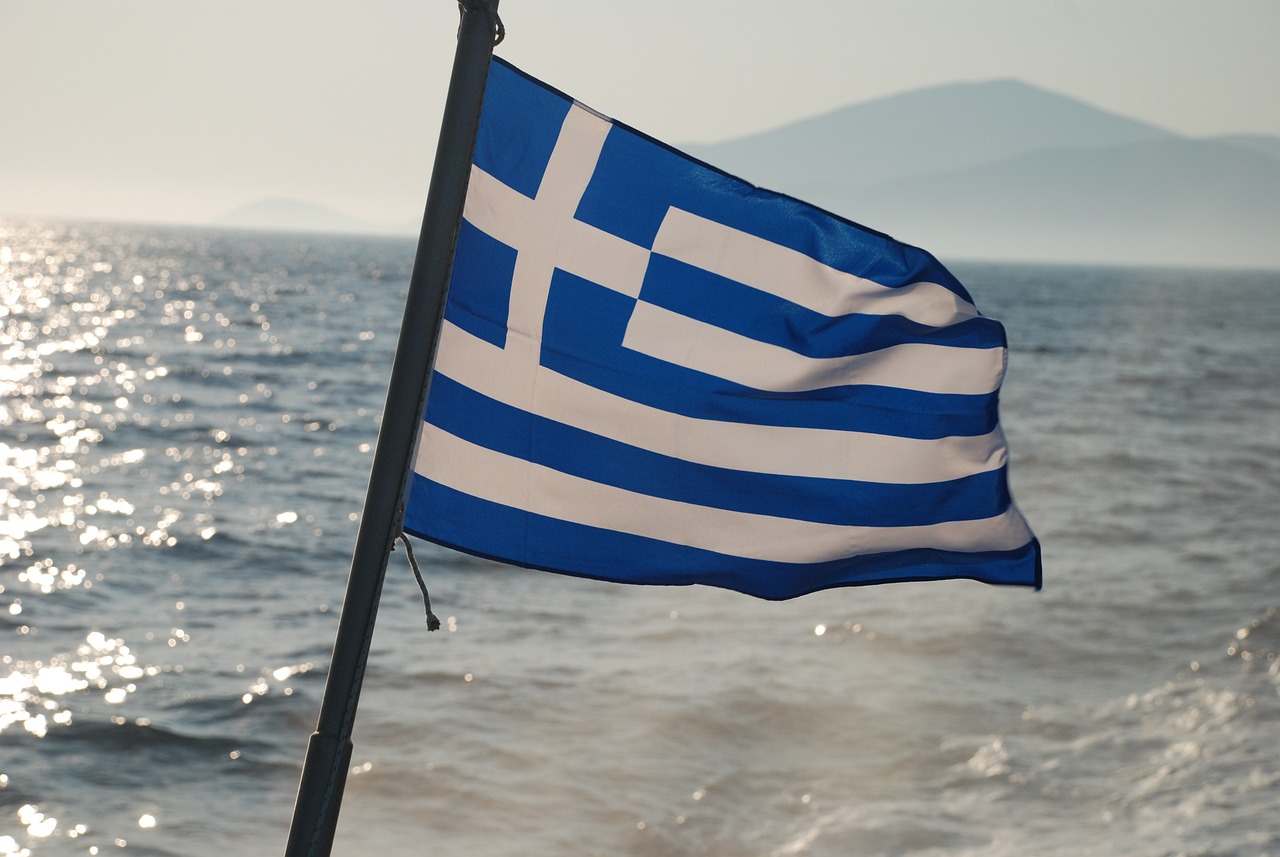
Customs and Rituals
Customs and rituals play a vital role in the vibrant celebrations of Apokries in Greece. This carnival season is steeped in age-old traditions that have been passed down through generations, adding a rich layer of cultural significance to the festivities. One of the most prominent customs during Apokries is the practice of masquerading, where people don elaborate costumes and masks to conceal their identities and partake in the revelry anonymously. This tradition dates back to ancient times when masks were believed to ward off evil spirits and bring good luck to the community.
Another intriguing ritual observed during Apokries is the custom of 'flour war,' known as 'Alevromoutzouromata' in Greek. This playful yet messy tradition involves participants throwing colored flour at each other, creating a vibrant explosion of colors reminiscent of a festive battlefield. The flour war symbolizes the shedding of inhibitions and embracing the joyous spirit of the carnival season, allowing people to let loose and revel in the moment.
Furthermore, Apokries is also marked by the tradition of 'Tsiknopempti,' a day dedicated to indulging in grilled meat before the Lenten period begins. This carnivalesque feast brings communities together to savor delicious grilled delicacies, fostering a sense of camaraderie and shared enjoyment. The aroma of sizzling meat fills the air, creating an atmosphere of warmth and conviviality as people gather to partake in this culinary tradition.
Moreover, the 'King's Cake' or 'Vasilopita' holds a special place in Apokries customs, where a hidden coin is baked into the cake. The person who finds the coin in their slice is believed to have good luck for the coming year. This ritual of sharing the Vasilopita cake symbolizes unity and prosperity within the community, as people come together to enjoy the sweet treat and celebrate the spirit of togetherness.
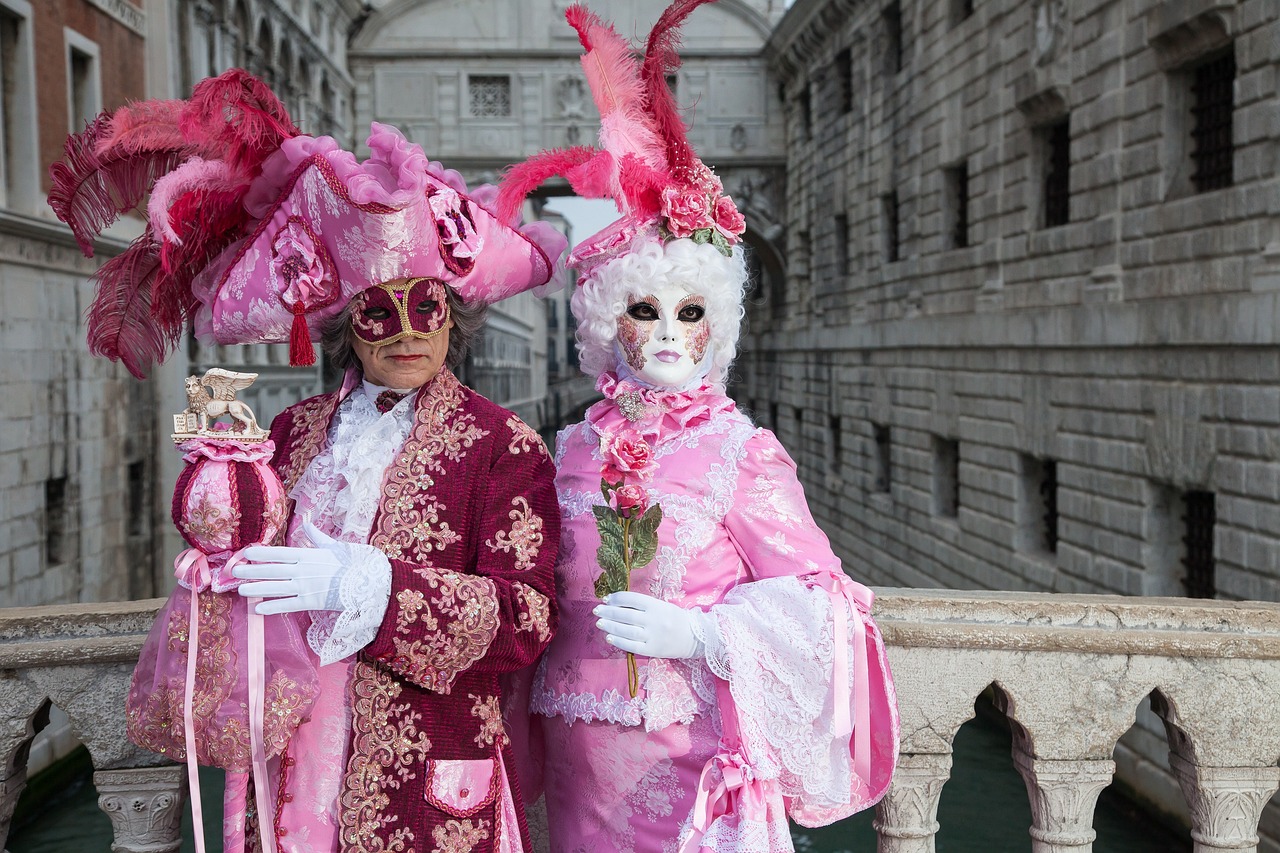
Modern Interpretations and Contemporary Celebrations
As Apokries has journeyed through time, it has embraced modern interpretations while staying true to its rich cultural roots. In contemporary celebrations, you can witness a fusion of tradition and innovation, creating a dynamic carnival experience that appeals to all generations. The younger population infuses new energy into the festivities, incorporating modern elements into the traditional framework.
One notable aspect of modern interpretations is the incorporation of technology into Apokries celebrations. From social media campaigns to live streaming of events, technology has become a vital tool in spreading awareness and engaging a wider audience in the carnival spirit. This digital presence has brought Apokries to the global stage, allowing people from around the world to participate virtually in the vibrant celebrations.
Contemporary Apokries also sees the emergence of themed events and creative collaborations that add a fresh twist to the traditional carnival activities. Artists and designers work together to create innovative costumes and masks that blend ancient symbolism with modern aesthetics, captivating the imagination of both locals and visitors alike.
Moreover, modern interpretations of Apokries emphasize inclusivity and diversity, welcoming individuals from all backgrounds to partake in the festivities. The carnival has evolved into a platform for cultural exchange and dialogue, fostering a sense of unity and understanding among participants. Through interactive workshops, exhibitions, and performances, Apokries promotes cross-cultural connections and mutual respect.
Overall, the contemporary celebrations of Apokries reflect a harmonious blend of the past and the present, honoring tradition while embracing innovation. This unique juxtaposition creates an immersive experience that not only entertains but also educates, offering a glimpse into the cultural tapestry of Greece and the enduring spirit of its people.
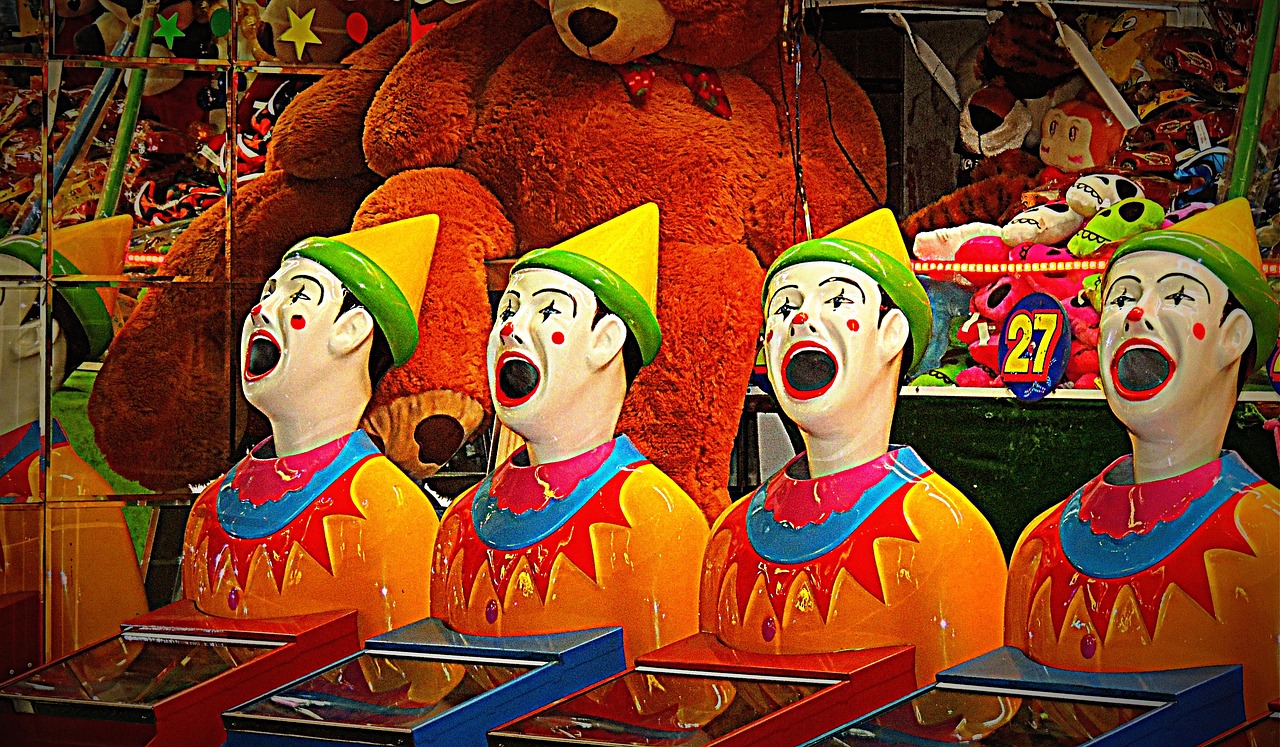
Community Engagement and Social Impact
Community engagement and social impact are at the heart of Apokries celebrations in Greece. This vibrant carnival brings people together from all walks of life, fostering a sense of unity and belonging within the community. Through colorful parades, lively music, and traditional dances, Apokries creates a platform for social interaction and cultural exchange.
One of the key aspects of Apokries is its inclusive nature, welcoming locals and visitors alike to participate in the festivities. This openness encourages cross-cultural dialogue and mutual understanding, strengthening social ties and promoting diversity. The carnival acts as a bridge between generations, with families coming together to pass down traditions and share in the joy of the season.
Moreover, Apokries plays a significant role in supporting local businesses and artisans, as the demand for costumes, masks, and festive decorations boosts economic activity in the community. By showcasing traditional crafts and culinary delights, the carnival helps preserve cultural heritage while stimulating the local economy.
Apokries also serves as a platform for charitable initiatives and community outreach programs, with many organizations using the carnival as an opportunity to raise awareness about social issues and support those in need. Through fundraising events, volunteer activities, and cultural exhibitions, Apokries promotes social responsibility and solidarity among community members.
Overall, the community engagement and social impact of Apokries extend far beyond the carnival season, leaving a lasting legacy of unity, diversity, and cultural pride in Greece. By actively involving individuals of all ages and backgrounds, Apokries continues to enrich the social fabric of Greek society and strengthen connections within the community.

Preservation Efforts and Future Outlook
Preserving the rich traditions and cultural heritage of Apokries is paramount to ensuring that this vibrant carnival continues to thrive in Greece for generations to come. Efforts to safeguard the customs and rituals associated with Apokries are crucial in maintaining the authenticity and significance of this annual celebration. Various cultural organizations and local communities actively engage in initiatives aimed at preserving the traditional practices of Apokries, such as organizing workshops, exhibitions, and educational programs to raise awareness about the importance of this cultural event.
Furthermore, the future outlook for Apokries looks promising as efforts are being made to adapt the carnival to contemporary times while staying true to its roots. Modern interpretations of Apokries seek to blend age-old traditions with innovative approaches, appealing to a wider audience and ensuring the continued relevance of this cultural phenomenon. By embracing new forms of expression and creative interpretations, Apokries is poised to evolve and grow, attracting both locals and visitors alike with its unique charm and cultural richness.
In addition to preservation efforts, fostering community engagement and social impact play a vital role in sustaining the spirit of Apokries. The carnival serves as a unifying force that brings people together, transcending boundaries and fostering a sense of belonging among participants. Through collaborative efforts and shared experiences, Apokries continues to strengthen social bonds and promote cultural diversity, enriching the fabric of Greek society and leaving a lasting impact on all those who partake in its festivities.
Frequently Asked Questions
- What is the significance of Apokries in Greek culture?
Apokries holds great cultural significance in Greece as it marks the beginning of the fasting period before Easter. It is a time of revelry, feasting, and merrymaking, allowing people to indulge before the solemnity of Lent.
- What are some traditional foods enjoyed during Apokries?
During Apokries, traditional Greek dishes such as moussaka, souvlaki, and spanakopita are commonly enjoyed. Special desserts like loukoumades (honey puffs) and tiganites (pancakes) are also popular during this festive season.
- How do people typically dress during Apokries celebrations?
People often wear colorful costumes and masks during Apokries, with many dressing up as mythical creatures or characters from Greek folklore. The costumes are elaborate and vibrant, adding to the festive atmosphere of the carnival.
- Are there specific rituals or customs associated with Apokries?
Yes, Apokries is rich in customs and rituals, such as the tradition of "burning the effigy of the Carnival King" to symbolize the end of winter. Other customs include parades, mask-wearing, and the consumption of special foods.
- How has Apokries evolved over time to incorporate modern elements?
Apokries has evolved to include modern interpretations such as themed parties, music concerts, and dance performances. While still rooted in tradition, contemporary Apokries celebrations blend old customs with new trends to appeal to a wider audience.



















